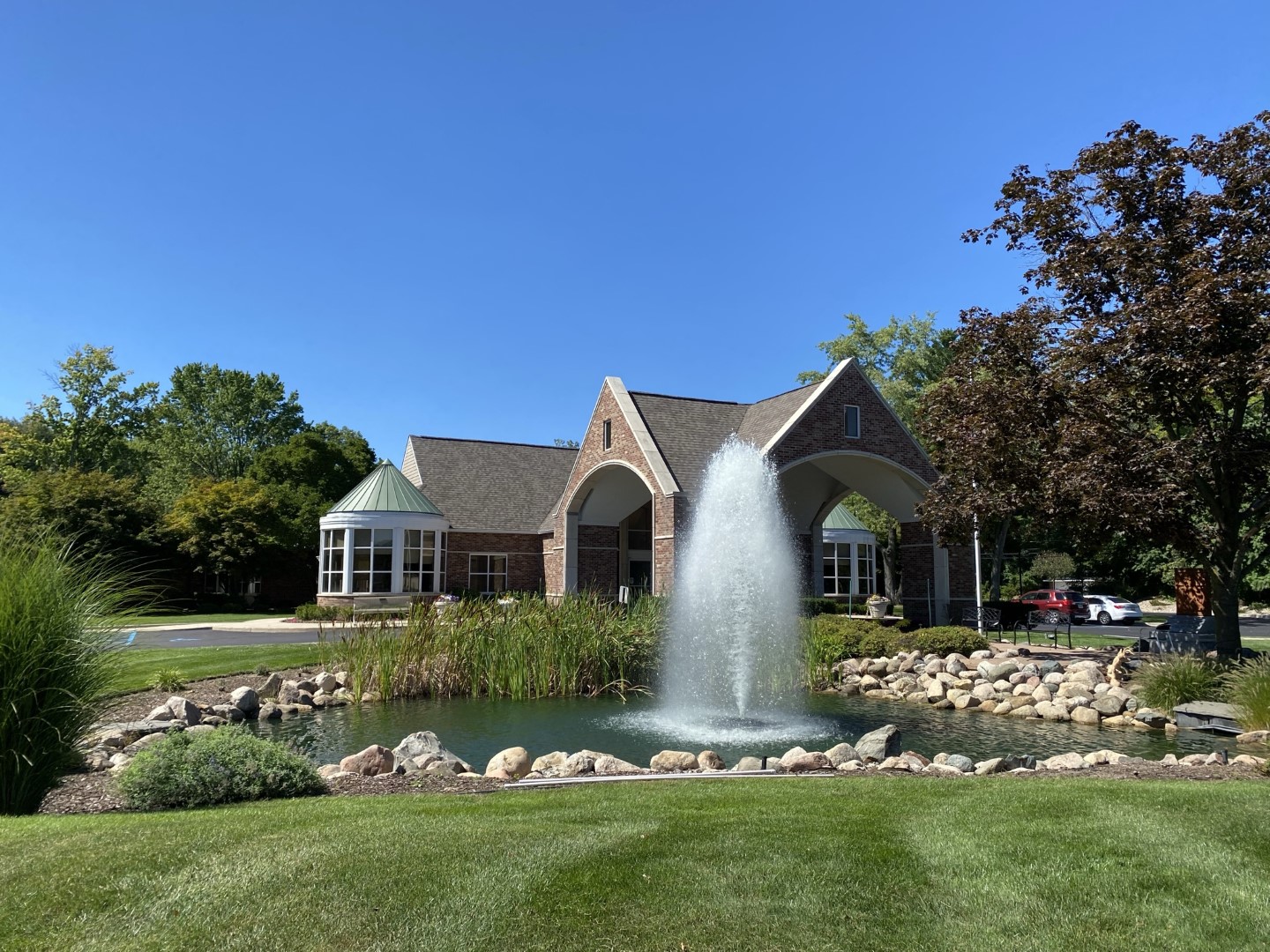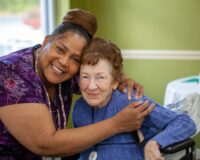Dementia and Alzheimer’s are progressive brain diseases that affect memory, thinking, and behavior. They can cause significant challenges for the person diagnosed and their loved ones. Coping with the diagnosis can be a difficult and emotional process, but there are some steps you can take to help yourself and your family.
- Accept your feelings. There is no right or wrong way to react to a diagnosis of dementia or Alzheimer’s. You may feel shock, anger, fear, sadness, grief, or even relief. These are all normal and valid emotions. Give yourself time to process the news and don’t judge yourself for how you feel. You may also experience changes in your mood and personality as the disease progresses, so be gentle with yourself and seek professional help if you need it.
- Reach out to others. You don’t have to face this alone. Seek support from your family, friends, health care team, spiritual community, or local support groups. Talking to others who understand what you’re going through can help you cope and reduce feelings of isolation. You can also learn from their experiences and get practical advice on how to deal with the challenges of dementia or Alzheimer’s.
- Take steps to slow the progression of symptoms. While there is no cure for dementia or Alzheimer’s, there are some treatments and lifestyle changes that can help delay the onset of more severe symptoms and improve your quality of life. These include taking prescribed medications, exercising regularly, eating a balanced diet, staying mentally and socially active, managing stress, and getting enough sleep.
- Pursue activities that bring you meaning and joy. Dementia or Alzheimer’s doesn’t have to stop you from living a fulfilling life. You can still enjoy many of the things you love, such as hobbies, music, art, nature, or spirituality. Find activities that suit your abilities and interests, and that make you feel happy and relaxed. You can also try new things that challenge your brain and stimulate your senses.
- Plan for the future. While it may be hard to think about the future when you have dementia or Alzheimer’s, it can help you prepare for the changes ahead and ease your worries. You can make decisions about your care preferences, legal matters, financial affairs, and end-of-life wishes while you still have the capacity to do so. You can also involve your family and caregivers in these discussions and let them know your wishes.
- Take care of yourself. Caring for someone with dementia or Alzheimer’s can be physically and emotionally exhausting. You may feel overwhelmed, stressed, frustrated, guilty, or depressed. It’s important to look after your own health and well-being as well as your loved one’s. Make sure you get enough rest, eat well, exercise, relax, and have some time for yourself. Don’t hesitate to ask for help when you need it from other family members, friends, or professional services.
Coping with a diagnosis of dementia or Alzheimer’s can be a challenging journey, but you don’t have to face it alone. There are many resources and support available to help you and your family live well with the disease. Remember that you are more than your diagnosis and that you still have a valuable role in society.





